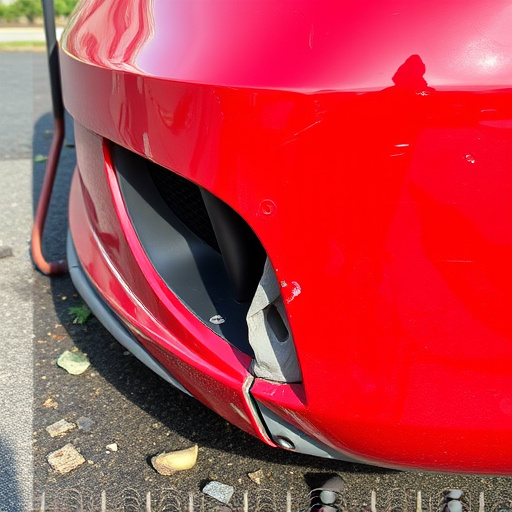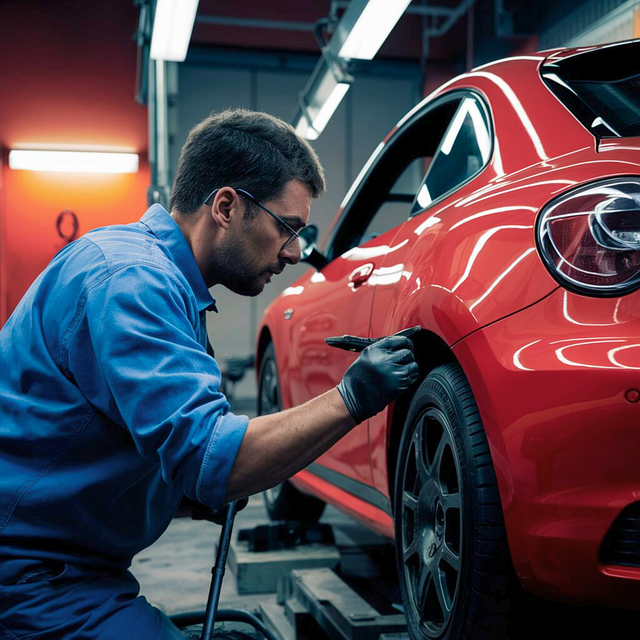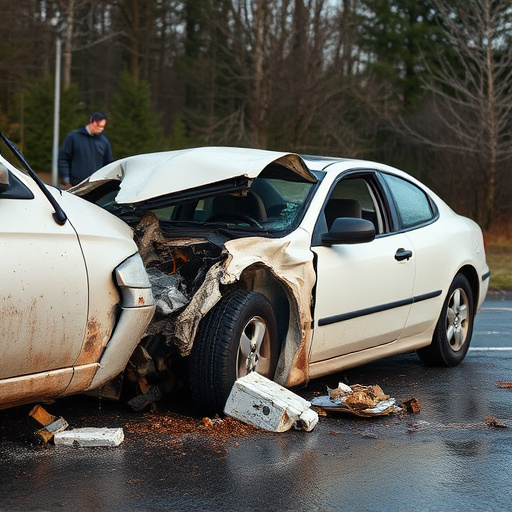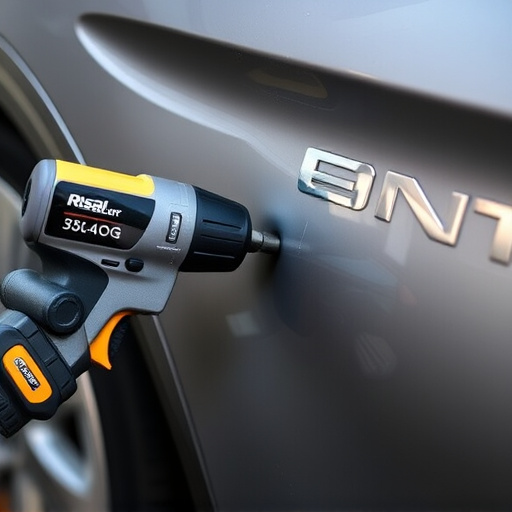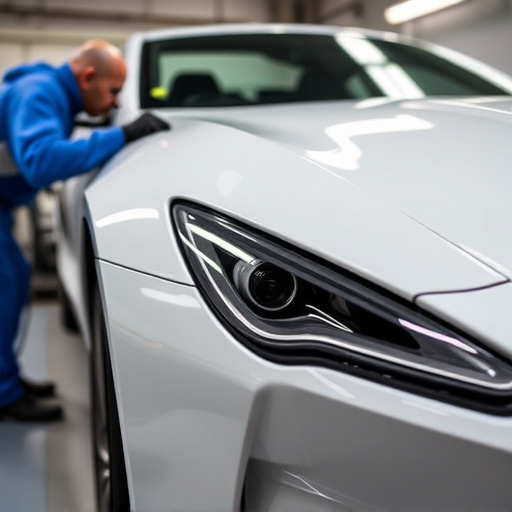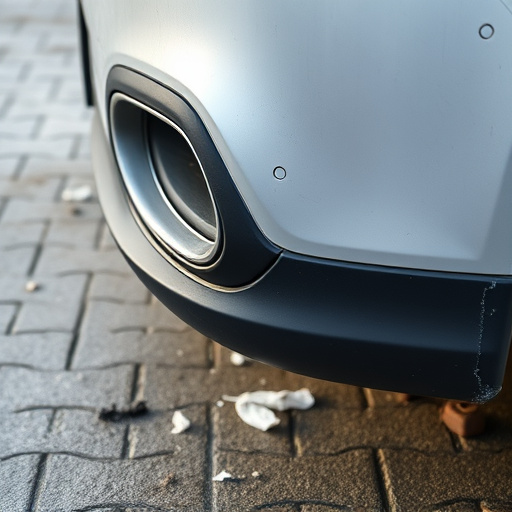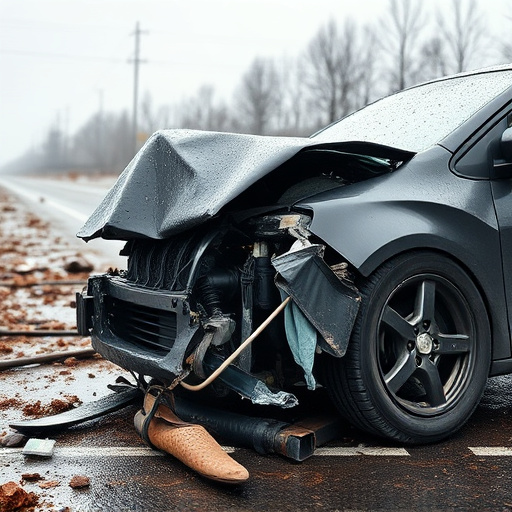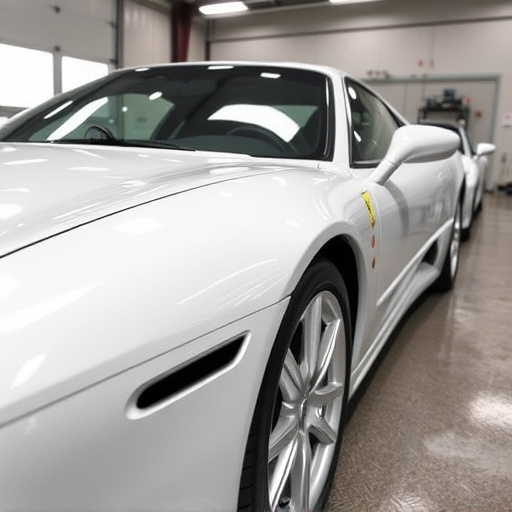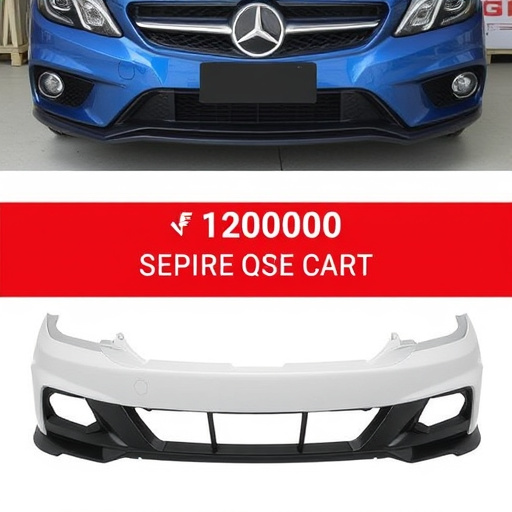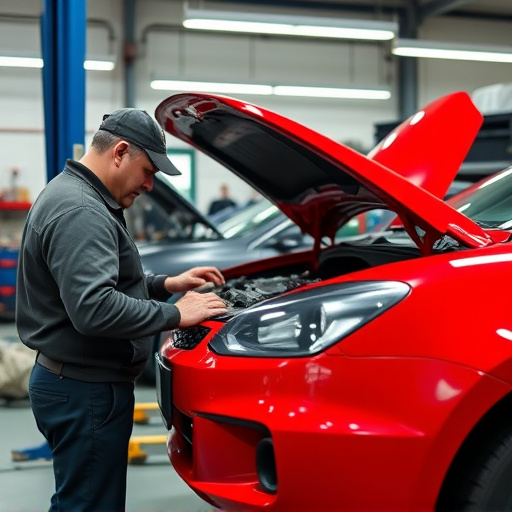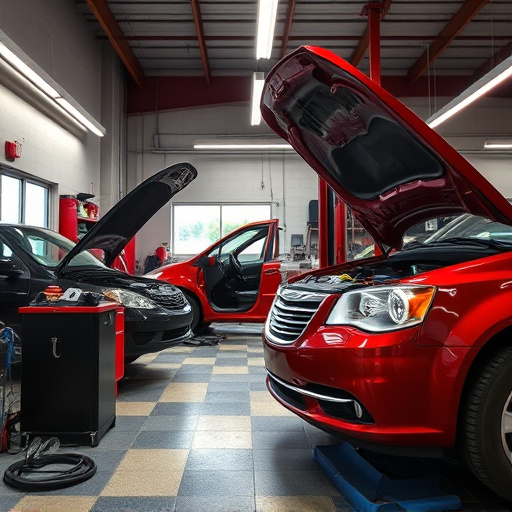Consider vehicle age, condition, repair cost vs used replacement, and part availability when deciding between repairing or replacing an older car. Evaluate cost-effectiveness, historical value, damage severity, safety systems, and previous repairs to make an informed repair vs replace decision.
Making the choice between repairing or replacing an older vehicle can be a challenging dilemma. With rising maintenance costs and ever-evolving technology, it’s crucial to weigh the pros and cons carefully. This article guides you through the process, focusing on key factors like age and condition. We’ll explore how to navigate the repair vs. replace decision, considering cost-effectiveness, practical examples, and expert insights to help you make an informed choice for your vehicle’s longevity.
- Factors to Consider When Repairing an Older Vehicle
- Evaluating Cost-Effectiveness of Replacement
- When Replace Outweighs Repair: Practical Examples
Factors to Consider When Repairing an Older Vehicle

When considering whether to repair or replace an older vehicle, there are several factors to keep in mind. One of the primary considerations is the age and overall condition of the car. As vehicles age, they naturally accrue wear and tear, which can impact their performance and safety features. Regular maintenance records can provide valuable insights into potential future issues, helping you make a more informed decision.
Additionally, evaluating the cost-effectiveness of repairs versus replacement is crucial. Auto repair services for older models might be pricier due to specialized parts and labor requirements. Comparing the estimated costs for repairs with the price of a similar used vehicle can help guide your repair vs replace decision. It’s also essential to consider the availability and accessibility of replacement parts, especially for vehicles that are no longer in production, as this could influence the viability of repairs.
Evaluating Cost-Effectiveness of Replacement
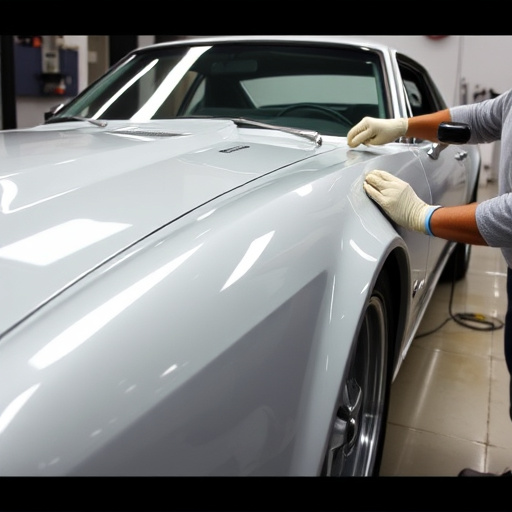
When considering a repair vs replace decision for an older or damaged vehicle, evaluating cost-effectiveness is paramount. While immediate replacement might seem appealing, especially with modern advancements in automotive technology, it’s crucial to weigh this option against the potential savings and benefits of quality repairs. Often, thorough inspection reveals that many issues are not as severe as they appear, and a simple fix could extend your vehicle’s lifespan significantly.
For instance, a car paint services job might be all that’s needed to restore a vehicle’s aesthetic appeal without requiring costly replacements. In other cases, specialized automotive repair services can address structural damage from minor accidents, ensuring the vehicle remains safe and reliable on the road. These options not only preserve the historical value of vintage cars but also offer cost-conscious individuals an affordable alternative to premature replacements.
When Replace Outweighs Repair: Practical Examples

In certain scenarios, replacement emerges as the more practical option when considering a repair vs replace decision. For instance, if your vehicle has reached its end of life or incurred significant damage in a car collision, repair might not be economically viable. A vehicle body shop’s capabilities and costs also play a role; complex repairs like frame straightening can be challenging and expensive to perform on older cars. In such cases, the cost of replacement parts and labor often aligns with or exceeds that of extensive repair work.
Furthermore, the age and condition of the vehicle should influence this decision. As vehicles age, their overall integrity and safety systems may deteriorate, making them more susceptible to future issues. If a car has multiple old repairs or is showing signs of severe wear and tear, it could be a smarter choice to invest in a replacement rather than continue putting money into a vehicle that might not provide long-term reliability or safety.
When deciding between repairing or replacing an older vehicle, a balanced approach is key. Evaluating factors like age, condition, and cost-effectiveness allows owners to make informed choices. While repairs can extend lifespan, replacement may be the better option for significant wear or safety concerns. Ultimately, understanding the unique circumstances of your vehicle guides the crucial repair vs replace decision.
